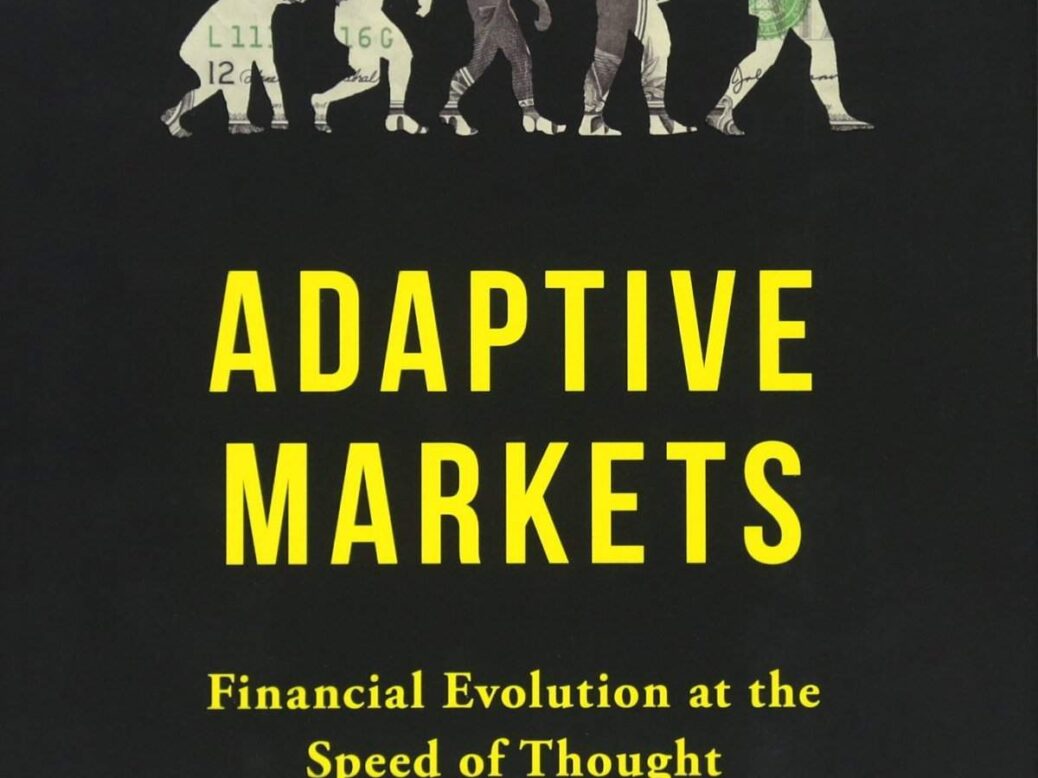
MIT academic Andrew Lo convincingly makes the case for why science resembles biology, despite some distracting digressions, writes Freddie Wild
Economists – in a bid to add accuracy to their forecasts – have long tried to discover rules which govern markets with the same immutability as the laws which govern physics. Awaiting the successful are Nobel prizes and celebrity cameos (see Richard Thaler in The Big Short) but the intrepid are mostly foiled by the complexity and fluidity of the markets.
So, like many before him, MIT academic Andrew Lo has tried to bring concreteness to an inherently ephemeral subject by grafting scientific theories into economics. While the rise of quants has, so far, mostly been driven by physicists recognising that it’s easier to make money on Wall Street than in a university lab, Lo’s book Adaptive Markets expounds the idea that finance most closely resembles biology. He argues that markets go through their own process of evolution, adapting to their environments. When those environments change, things have a tendency to go bang.
Take his example of the ‘Quant Meltdown’ in the financial crisis. Lo argues that hedge funds are the firms most adapted to the current financial environment, which is why they can generate huge returns. The catch is that this hyper-adaptation also makes them the most susceptible to changes in the environment.
One such change happened in August 2007, when Lo started fielding calls from several of his former MBA students now working at hedge funds. ‘Maybe a little too nonchalantly,’ they declared that they had ‘lost a lot of money,’ and quickly hung up when they realised their ex-professor had no useful intelligence for them. Lo later worked out that when liquidity dried up during the crisis, the market inefficiencies these quant hedge funds had been exploiting no longer existed.
This switch from modelling the underlying economy as a series of chaotic interactions governed by some immutable underlying laws (the physicist’s way of thinking about markets) to one where those laws can change, causing upheaval and forcing mass adaptation, is both clever and intriguing.
Despite the strength of the underlying idea, much space is devoted to other issues in economics which do little to further Lo’s own thesis. Prior to that, Lo goes through a wide range of pre-existing theories, from the efficient markets hypothesis, through risk aversion, behavioural economics, and into neuroscience. This comes off as quite odd, and at best, tangentially related to the main show.
The final section is more outlandish. Rather than offer wider implications of his theory, Lo instead goes into a wish-list of Good Things, including curing cancer and ending poverty. Noble goals, certainly, but of little relevance to anything in the preceding 400 pages.
Pontificating aside, there is a trend amongst academic economists (originating from Freakonomics) to excessively illustrate ideas with cutesy analogies, so much so that the book seems to bounce along from one skit to the next. While not especially problematic, it means these long books lack an internal consistency which prevents them achieving the influence of books like Friedman’s Capitalism and Freedom or Piketty’s Capitalism in the Twenty-First Century.
The success of Adaptive Markets is that it is perhaps the first mass-market book available which explores one of the biggest changes in economics and finance: the shift to modelling economies as if they’re living, breathing biological organisms. While hedge funds came to this conclusion a while ago – David Shaw was an early adopter of computational biochemistry models – as these ideas and models become more widespread it is fascinating to read about the principles which underlie them.
Freddie Wild is an analyst at Jefferies






